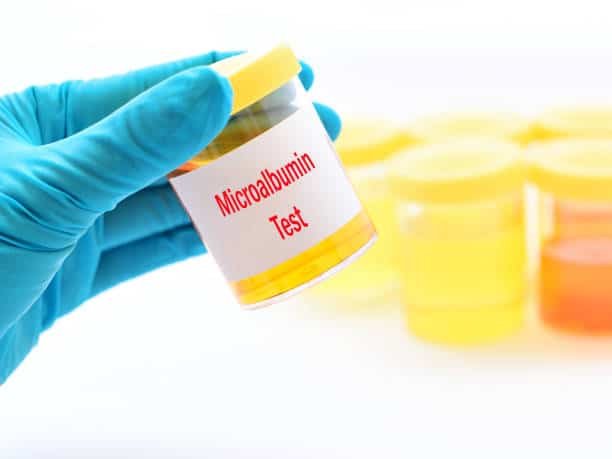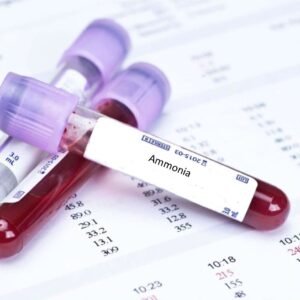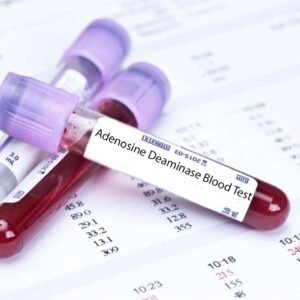Description
Microalbumin Creatinine Ratio
Microalbumin is a small amount of a protein called albumin. It is normally found in the blood. Creatinine is a normal waste product found in urine. A microalbumin creatinine ratio compares the amount of albumin to the amount of creatinine in your urine.
If there is any albumin in your urine, the amount can vary greatly throughout the day. But creatinine is released as a steady rate. Because of this, your health care provider can more accurately measure the amount of albumin by comparing it to the amount of creatinine in your urine. If albumin is found in your urine, it may mean you have a problem with your kidneys.
Other names: albumin-creatinine ratio; urine albumin; microalbumin, urine; ACR; UACR
What is it used for?
A microalbumin creatinine ratio is most often used to screen people who are at higher risk for kidney disease. These include people with diabetes or high blood pressure. Identifying kidney disease at an early stage can help prevent serious complications.
Why do I need a microalbumin creatinine ratio?
You may need this test if you have diabetes. The American Diabetes Association recommends:
- People with type 2 diabetes get tested every year
- People with type 1 diabetes get tested every five years
If you have high blood pressure, you may get a microalbumin creatinine ratio at regular intervals, as recommended by your health care provider.
What happens during a microalbumin creatinine ratio?
For a microalbumin creatinine ratio you will be asked to provide either a 24-hour urine sample or a random urine sample.
For a 24-hour urine sample, you will need to collect all urine passed in a 24-hour period. Your health care provider or a laboratory professional will give you a container to collect your urine and instructions on how to collect and store your samples. A 24-hour urine sample test usually includes the following steps:
- Empty your bladder in the morning and flush that urine down. Do not collect this urine. Record the time.
- For the next 24 hours, save all your urine passed in the container provided.
- Store your urine container in the refrigerator or a cooler with ice.
- Return the sample container to your health provider’s office or the laboratory as instructed.
For a random urine sample, you will receive a container in which to collect the urine and special instructions to ensure the sample is sterile. These instructions are often referred to as the “clean catch method.” The clean catch method includes the following steps:
- Wash your hands.
- Clean your genital area with a cleansing pad. Men should wipe the tip of their penis. Women should open their labia and clean from front to back.
- Start to urinate into the toilet.
- Move the collection container under your urine stream.
- Collect at least an ounce or two of urine into the container, which should have markings to indicate the amount.
- Finish urinating into the toilet.
- Return the sample container as instructed by your health care provider.
Will I need to do anything to prepare for the test?
You don’t need any special preparations for a microalbumin creatinine ratio.
Are there any risks to the test?
There is no known risk to a 24-hour urine sample or a random urine sample.
What do the results mean?
If your microalbumin creatinine ratio shows albumin in your urine, you may get tested again to confirm the results. If your results continue to show albumin in urine, it may mean you have early-stage kidney disease. If your test results show high levels of albumin, it may mean you have kidney failure. If you are diagnosed with kidney disease, your health care provider will take steps to treat the disease and/or prevent further complications.
If small amounts of albumin are found in your urine, it doesn’t necessarily mean you have kidney disease. Urinary tract infections and other factors can cause albumin to show up in urine. If you have questions about your results, talk to your health care provider.
Learn more about laboratory tests, reference ranges, and understanding results.
Is there anything else I need to know about a microalbumin creatinine ratio?
Be sure not to confuse “prealbumin” with albumin. Although they sound similar, prealbumin is a different type of protein. A prealbumin test is used to diagnose different conditions than a microalbumin creatinine ratio.






Reviews
There are no reviews yet.